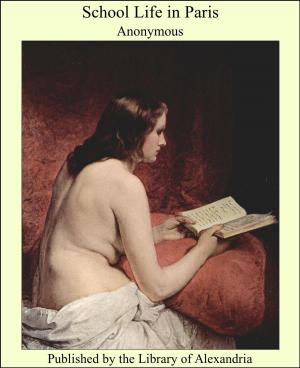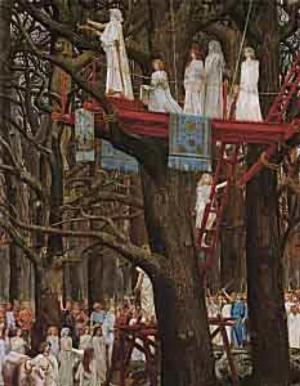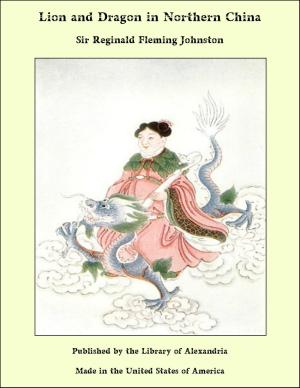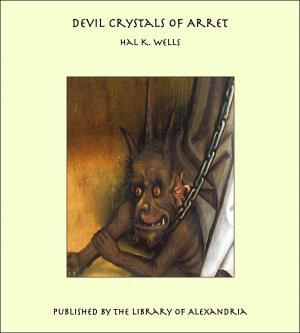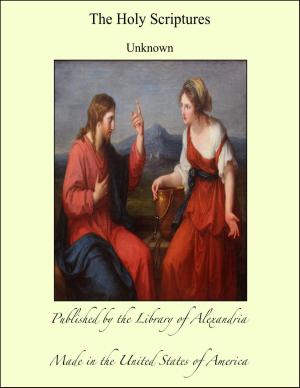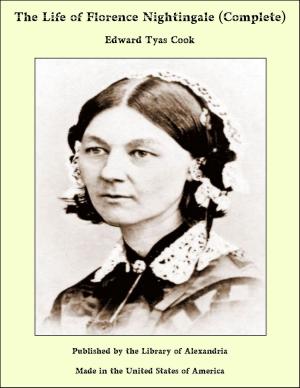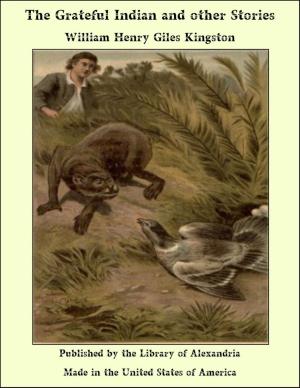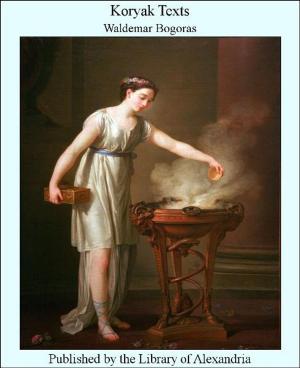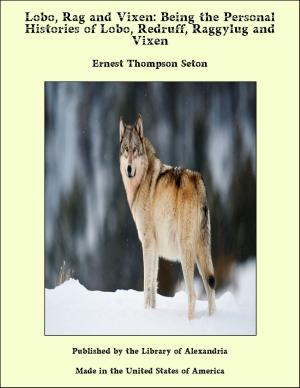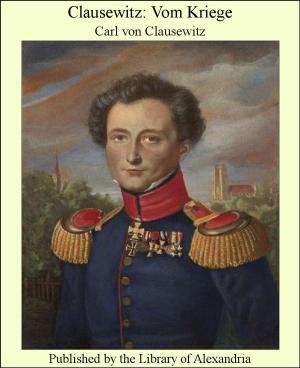| Author: | Fergus Hume | ISBN: | 9781465580450 |
| Publisher: | Library of Alexandria | Publication: | March 8, 2015 |
| Imprint: | Language: | English |
| Author: | Fergus Hume |
| ISBN: | 9781465580450 |
| Publisher: | Library of Alexandria |
| Publication: | March 8, 2015 |
| Imprint: | |
| Language: | English |
Conniston and Gore—they used the old names in preference to the new—walked across the grass to an isolated seat under a leafless elm. The two old friends had met near the magazine in Hyde Park, on the borders of the Serpentine, and the meeting was as unexpected as pleasant. It was a gray, damp October day, and the trees were raining yellow, brown and red leaves on the sodden ground. Yet a breath of summer lingered in the atmosphere, and there was a warmth in the air which had lured many people to the Park. Winter was coming fast, and the place, untidy with withered leaves, bare of flowers, and dismal under a sombre, windy sky, looked unattractive enough. But the two did not mind the dreary day. Summer—the summer of youth—was in their hearts, and, recalling their old school friendship, they smiled on one another as they sat down. In the distance a few children were playing, their nursemaids comparing notes or chatting with friends or stray policemen, so there was no one near to overhear what they had to say. A number of fashionable carriages rolled along the road, and occasionally someone they knew would pass. But vehicles and people belonged to the old world out of which they had stepped into the new, and they sat like a couple of Peris at the gate of Paradise, but less discontented. Both the young men were handsome in their several ways. The yeoman was tall, slender, dark and markedly quiet in his manner. His clear-cut face was clean-shaven; he had black hair, dark blue eyes, put in—as the Irish say—with a dirty finger, and his figure was admirably proportioned. In his khaki he looked a fine specimen of a man in his twenty-fifth year. But his expression was stern, even bitter, and there were thoughtful furrows on his forehead which should not have been there at his age. Conniston noted these, and concluded silently that the world had gone awry with his formerly sunny-faced friend. At Eton, Gore had always been happy and good-tempered. Conniston himself formed a contrast to his companion. He was not tall, but slightly-built and wiry, alert in his manner and quick in his movements. As fair as Gore was dark, he wore a small light mustache, which he pulled restlessly when excited. In his smart, tight-fitting uniform he looked a natty jimp soldier, and his reduced position did not seem to affect his spirits. He smiled and joked and laughed and bubbled over with delight on seeing his school chum again. Gore was also delighted, but, being quieter, did not reveal his pleasure so openly.
Conniston and Gore—they used the old names in preference to the new—walked across the grass to an isolated seat under a leafless elm. The two old friends had met near the magazine in Hyde Park, on the borders of the Serpentine, and the meeting was as unexpected as pleasant. It was a gray, damp October day, and the trees were raining yellow, brown and red leaves on the sodden ground. Yet a breath of summer lingered in the atmosphere, and there was a warmth in the air which had lured many people to the Park. Winter was coming fast, and the place, untidy with withered leaves, bare of flowers, and dismal under a sombre, windy sky, looked unattractive enough. But the two did not mind the dreary day. Summer—the summer of youth—was in their hearts, and, recalling their old school friendship, they smiled on one another as they sat down. In the distance a few children were playing, their nursemaids comparing notes or chatting with friends or stray policemen, so there was no one near to overhear what they had to say. A number of fashionable carriages rolled along the road, and occasionally someone they knew would pass. But vehicles and people belonged to the old world out of which they had stepped into the new, and they sat like a couple of Peris at the gate of Paradise, but less discontented. Both the young men were handsome in their several ways. The yeoman was tall, slender, dark and markedly quiet in his manner. His clear-cut face was clean-shaven; he had black hair, dark blue eyes, put in—as the Irish say—with a dirty finger, and his figure was admirably proportioned. In his khaki he looked a fine specimen of a man in his twenty-fifth year. But his expression was stern, even bitter, and there were thoughtful furrows on his forehead which should not have been there at his age. Conniston noted these, and concluded silently that the world had gone awry with his formerly sunny-faced friend. At Eton, Gore had always been happy and good-tempered. Conniston himself formed a contrast to his companion. He was not tall, but slightly-built and wiry, alert in his manner and quick in his movements. As fair as Gore was dark, he wore a small light mustache, which he pulled restlessly when excited. In his smart, tight-fitting uniform he looked a natty jimp soldier, and his reduced position did not seem to affect his spirits. He smiled and joked and laughed and bubbled over with delight on seeing his school chum again. Gore was also delighted, but, being quieter, did not reveal his pleasure so openly.

